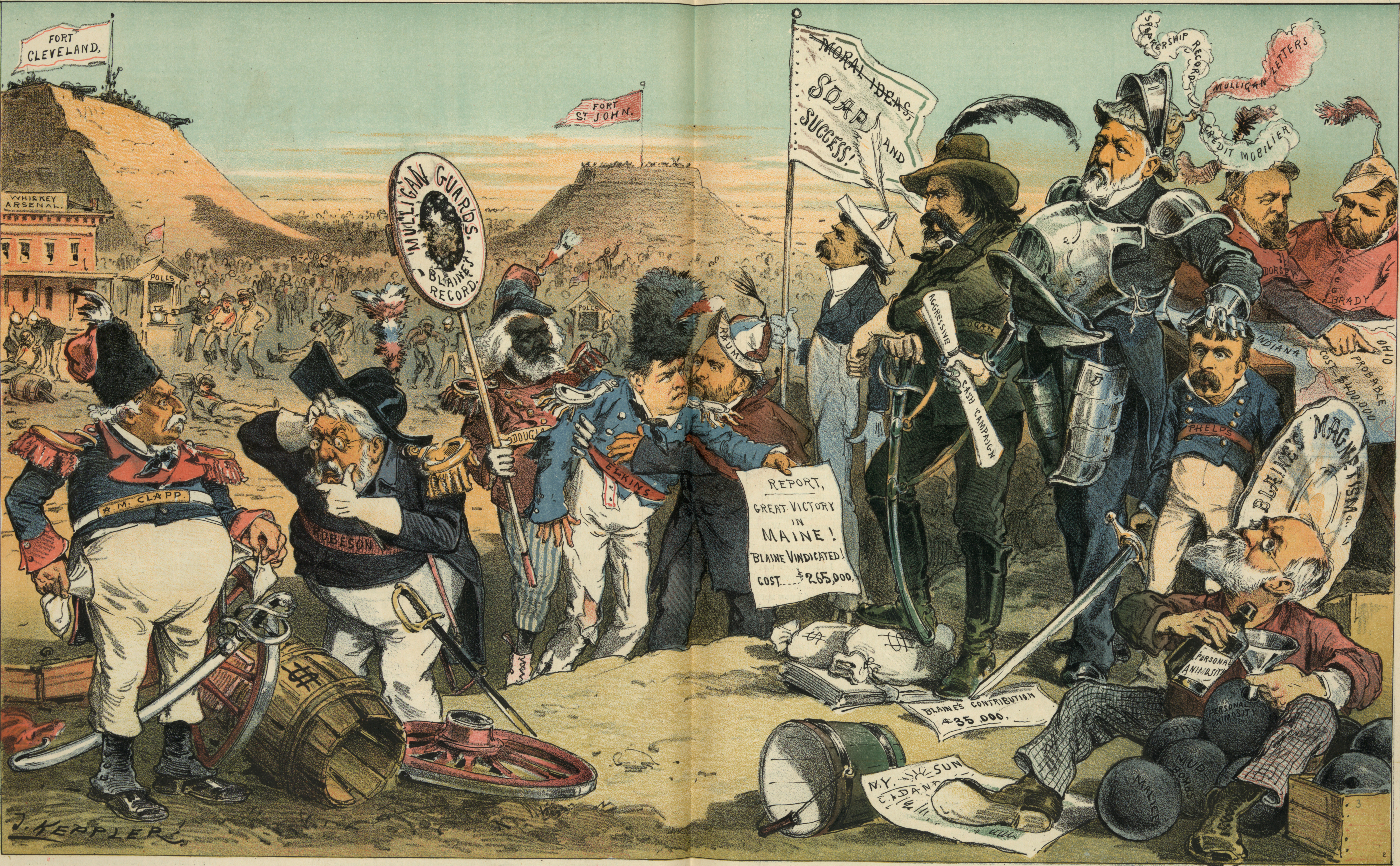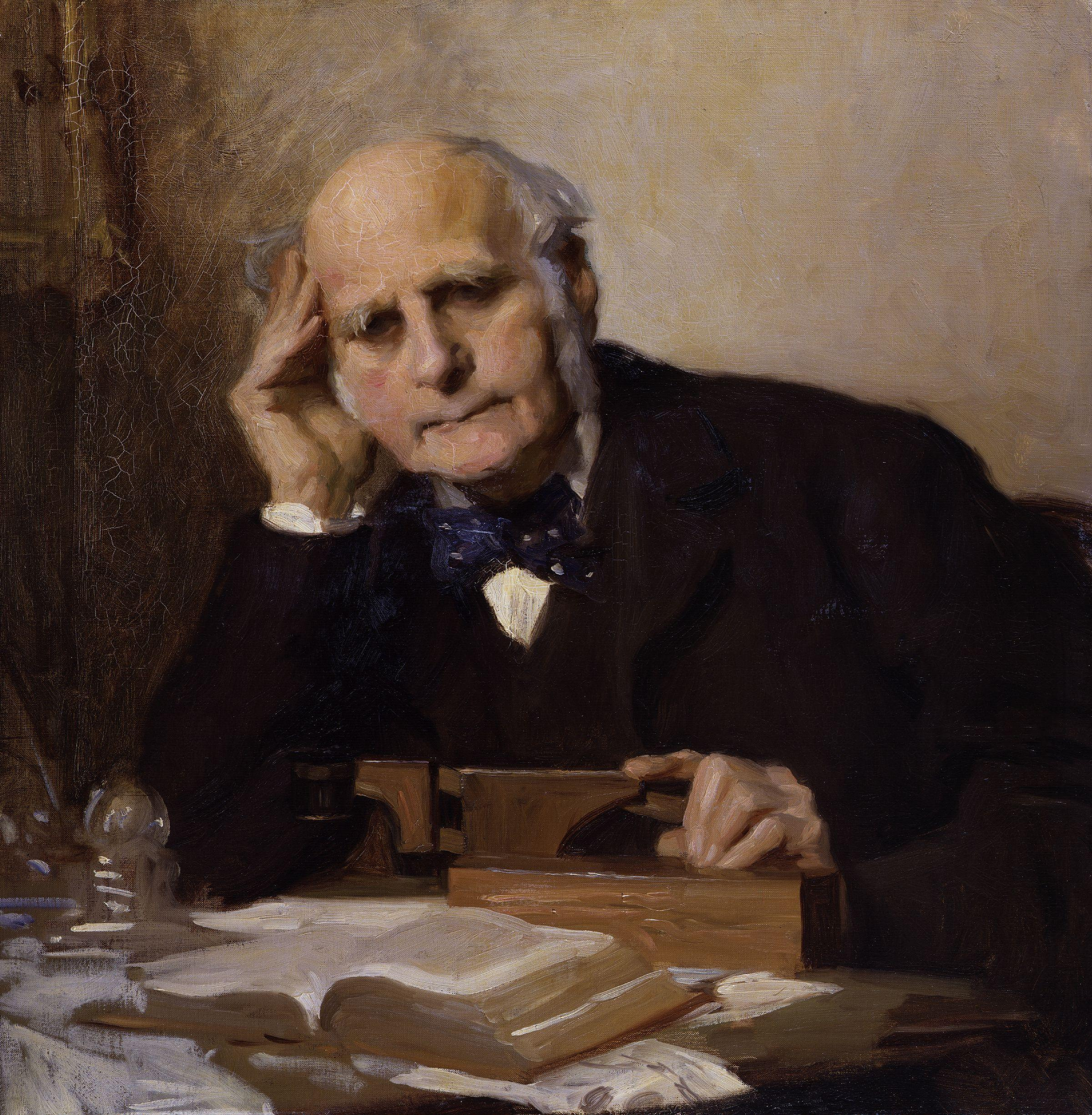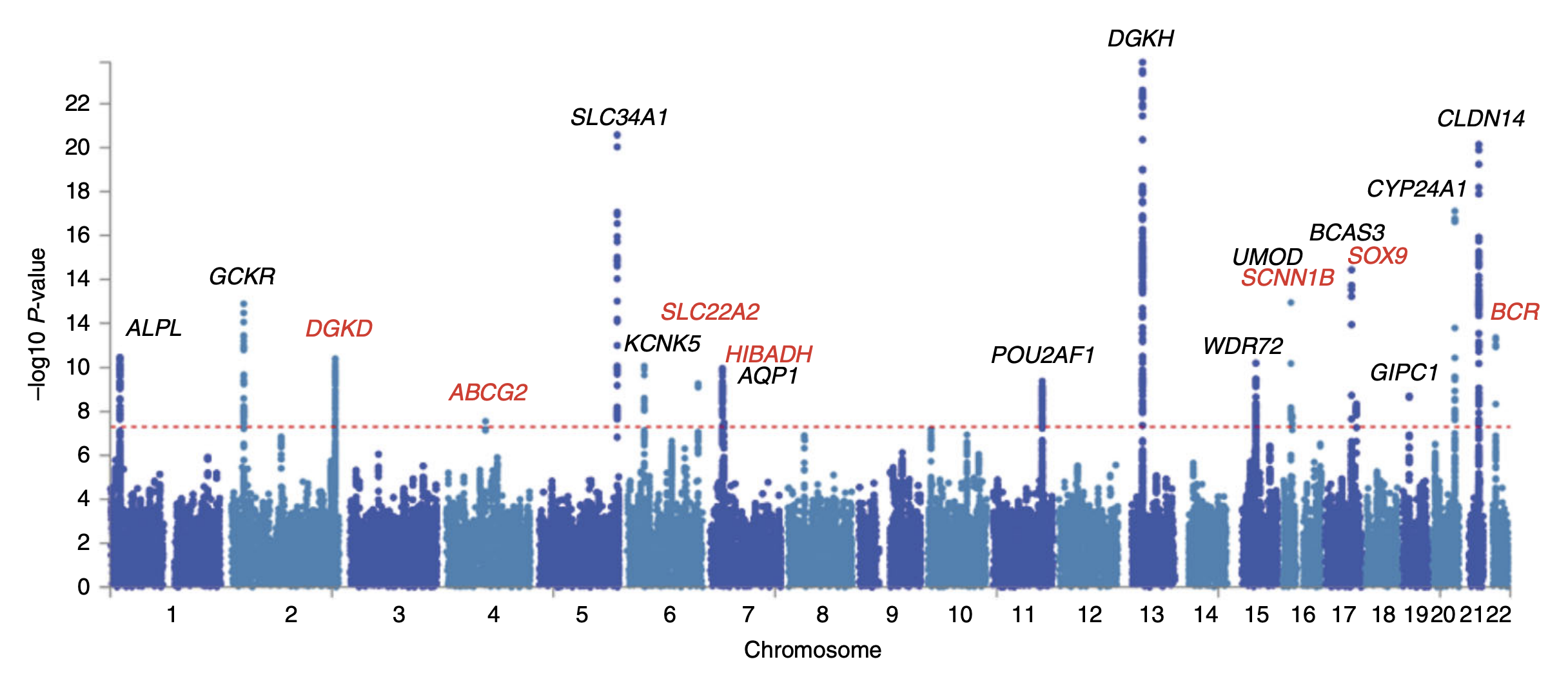|
Winner's Curse
The winner's curse is a phenomenon that may occur in common value auctions, where all bidders have the same (''ex post'') value for an item but receive different private (''ex ante'') signals about this value and wherein the winner is the bidder with the most optimistic evaluation of the asset and therefore will tend to overestimate and overpay. Accordingly, the winner will be "cursed" in one of two ways: either the winning bid will exceed the value of the auctioned asset making the winner worse off in absolute terms, or the value of the asset will be less than the bidder anticipated, so the bidder may garner a net gain but will be worse off than anticipated. However, an actual overpayment will generally occur only if the winner fails to account for the winner's curse when bidding (an outcome that, according to the revenue equivalence theorem, need never occur). The winner’s curse phenomenon was first addressed in 1971 by three Atlantic Richfield petroleum engineers who claim ... [...More Info...] [...Related Items...] OR: [Wikipedia] [Google] [Baidu] |
Initial Public Offering
An initial public offering (IPO) or stock launch is a public offering in which shares of a company are sold to institutional investors and usually also to retail (individual) investors. An IPO is typically underwritten by one or more investment banks, who also arrange for the shares to be listed on one or more stock exchanges. Through this process, colloquially known as ''floating'', or ''going public'', a privately held company is transformed into a public company. Initial public offerings can be used to raise new equity capital for companies, to monetize the investments of private shareholders such as company founders or private equity investors, and to enable easy trading of existing holdings or future capital raising by becoming publicly traded. After the IPO, shares are traded freely in the open market at what is known as the free float. Stock exchanges stipulate a minimum free float both in absolute terms (the total value as determined by the share price multiplied ... [...More Info...] [...Related Items...] OR: [Wikipedia] [Google] [Baidu] |
Pyrrhic Victory
A Pyrrhic victory ( ) is a victory that inflicts such a devastating toll on the victor that it is tantamount to defeat. Such a victory negates any true sense of achievement or damages long-term progress. The phrase originates from a quote from Pyrrhus of Epirus, whose triumph against the Romans in the Battle of Asculum in 279 BC destroyed much of his forces, forcing the end of his campaign. Etymology A "Pyrrhic victory" is named after King Pyrrhus of Epirus, whose army suffered irreplaceable casualties in defeating the Romans at the Battle of Heraclea in 280 BC and the Battle of Asculum in 279 BC, during the Pyrrhic War. After the latter battle, Plutarch relates in a report by Dionysius: In both Epirote victories, the Romans suffered greater casualties, but they had a much larger pool of replacements, so the casualties had less impact on the Roman war effort than the losses had on the campaign of King Pyrrhus. The report is often quoted as: or Examples War This ... [...More Info...] [...Related Items...] OR: [Wikipedia] [Google] [Baidu] |
War Of Attrition (game)
In game theory, the war of attrition is a dynamic timing game in which players choose a time to stop, and fundamentally trade off the strategic gains from outlasting other players and the real costs expended with the passage of time. Its precise opposite is the ''pre-emption game'', in which players elect a time to stop, and fundamentally trade off the strategic costs from outlasting other players and the real gains occasioned by the passage of time. The model was originally formulated by John Maynard Smith; a mixed evolutionarily stable strategy (ESS) was determined by Bishop & Cannings. An example is a second price ''all-pay'' auction, in which the prize goes to the player with the highest bid and each player pays the loser's low bid (making it an all-pay sealed-bid second-price auction). Examining the game To see how a war of attrition works, consider the all pay auction: Assume that each player makes a bid on an item, and the one who bids the highest wins a resource of value ... [...More Info...] [...Related Items...] OR: [Wikipedia] [Google] [Baidu] |
Proteus Phenomenon
The Proteus phenomenon is the tendency in science for early replications of a work to contradict the original findings, a consequence of publication bias. It is akin to the winner's curse. The term was coined by John Ioannidis and Thomas A. Trikalinos in 2005 named after the Greek god Proteus who could rapidly change his appearance. A 2013 paper argued that the phenomenon might be "desirable or even optimal" from a scientific standpoint. See also * Reproducibility * Reproducibility Project * Metascience Metascience (also known as meta-research) is the use of scientific methodology to study science itself. Metascience seeks to increase the quality of scientific research while reducing inefficiency. It is also known as "research on research" and ... References Criticism of academia Academic publishing {{sci-stub ... [...More Info...] [...Related Items...] OR: [Wikipedia] [Google] [Baidu] |
Wisdom Of The Crowd
"Wisdom of the crowd" or "wisdom of the majority" expresses the notion that the collective opinion of a diverse and independent group of individuals (rather than that of a single expert) yields the best judgement. This concept, while not new to the Information Age, has been pushed into the spotlight by social information sites such as Quora, Reddit, Stack Exchange, Wikipedia, Yahoo! Answers, and other web resources which rely on collective human knowledge. An explanation for this supposition is that the idiosyncratic noise associated with each individual judgment is replaced by an average of that noise taken over a large number of responses, tempering the effect of the noise. Trial by jury can be understood as at least partly relying on wisdom of the crowd, compared to bench trial which relies on one or a few experts. In politics, sometimes sortition is held as an example of what wisdom of the crowd would look like. Decision-making would happen by a diverse group instead of ... [...More Info...] [...Related Items...] OR: [Wikipedia] [Google] [Baidu] |
Buyer's Remorse
Buyer's remorse is the sense of regret after having made a purchase. It is frequently associated with the purchase of an expensive item such as a vehicle or real estate. Buyer's remorse is thought to stem from cognitive dissonance, specifically post-decision dissonance, that arises when a person must make a difficult decision, such as a heavily invested purchase between two similarly appealing alternatives. Factors that affect buyer's remorse may include the resources invested, the involvement of the purchaser, whether the purchase is compatible with the purchaser's goals, and feelings encountered post-purchase that include regret. Causes The remorse may be caused by various factors, such as: the person purchased a product now rather than waiting, the item was purchased in an ethically unsound way, the property was purchased on borrowed money, the purchased object was something that would not be acceptable to others, or the purchased object was something that the buyer later ques ... [...More Info...] [...Related Items...] OR: [Wikipedia] [Google] [Baidu] |
Replication (scientific Method)
Reproducibility, closely related to replicability and repeatability, is a major principle underpinning the scientific method. For the findings of a study to be reproducible means that results obtained by an experiment or an observational study or in a statistical analysis of a data set should be achieved again with a high degree of reliability when the study is replicated. There are different kinds of replication but typically replication studies involve different researchers using the same methodology. Only after one or several such successful replications should a result be recognized as scientific knowledge. History The first to stress the importance of reproducibility in science was the Anglo-Irish chemist Robert Boyle, in England in the 17th century. Boyle's air pump was designed to generate and study vacuum, which at the time was a very controversial concept. Indeed, distinguished philosophers such as René Descartes and Thomas Hobbes denied the very possibility of vacuum ... [...More Info...] [...Related Items...] OR: [Wikipedia] [Google] [Baidu] |
Effect Size
In statistics, an effect size is a value measuring the strength of the relationship between two variables in a population, or a sample-based estimate of that quantity. It can refer to the value of a statistic calculated from a sample of data, the value of one parameter for a hypothetical population, or to the equation that operationalizes how statistics or parameters lead to the effect size value. Examples of effect sizes include the correlation between two variables, the regression coefficient in a regression, the mean difference, or the risk of a particular event (such as a heart attack) happening. Effect sizes are a complement tool for statistical hypothesis testing, and play an important role in power analyses to assess the sample size required for new experiments. Effect size are fundamental in meta-analyses which aim to provide the combined effect size based on data from multiple studies. The cluster of data-analysis methods concerning effect sizes is referred to as estima ... [...More Info...] [...Related Items...] OR: [Wikipedia] [Google] [Baidu] |
Epidemiology
Epidemiology is the study and analysis of the distribution (who, when, and where), patterns and Risk factor (epidemiology), determinants of health and disease conditions in a defined population, and application of this knowledge to prevent diseases. It is a cornerstone of public health, and shapes policy decisions and evidence-based practice by identifying Risk factor (epidemiology), risk factors for disease and targets for preventive healthcare. Epidemiologists help with study design, collection, and statistical analysis of data, amend interpretation and dissemination of results (including peer review and occasional systematic review). Epidemiology has helped develop methodology used in clinical research, public health studies, and, to a lesser extent, basic research in the biological sciences. Major areas of epidemiological study include disease causation, transmission (medicine), transmission, outbreak investigation, disease surveillance, environmental epidemiology, forensic ... [...More Info...] [...Related Items...] OR: [Wikipedia] [Google] [Baidu] |
Genome-wide Association Studies
In genomics, a genome-wide association study (GWA study, or GWAS), is an observational study of a genome-wide set of genetic variants in different individuals to see if any variant is associated with a trait. GWA studies typically focus on associations between single-nucleotide polymorphisms (SNPs) and traits like major human diseases, but can equally be applied to any other genetic variants and any other organisms. When applied to human data, GWA studies compare the DNA of participants having varying phenotypes for a particular trait or disease. These participants may be people with a disease (cases) and similar people without the disease (controls), or they may be people with different phenotypes for a particular trait, for example blood pressure. This approach is known as phenotype-first, in which the participants are classified first by their clinical manifestation(s), as opposed to genotype-first. Each person gives a sample of DNA, from which millions of genetic variant ... [...More Info...] [...Related Items...] OR: [Wikipedia] [Google] [Baidu] |
Regression Toward The Mean
In statistics, regression toward the mean (also called regression to the mean, reversion to the mean, and reversion to mediocrity) is the phenomenon where if one sample of a random variable is extreme, the next sampling of the same random variable is likely to be closer to its mean. Furthermore, when many random variables are sampled and the most extreme results are intentionally picked out, it refers to the fact that (in many cases) a second sampling of these picked-out variables will result in "less extreme" results, closer to the initial mean of all of the variables. Mathematically, the strength of this "regression" effect is dependent on whether or not all of the random variables are drawn from the same distribution, or if there are genuine differences in the underlying distributions for each random variable. In the first case, the "regression" effect is statistically likely to occur, but in the second case, it may occur less strongly or not at all. Regression toward the ... [...More Info...] [...Related Items...] OR: [Wikipedia] [Google] [Baidu] |





